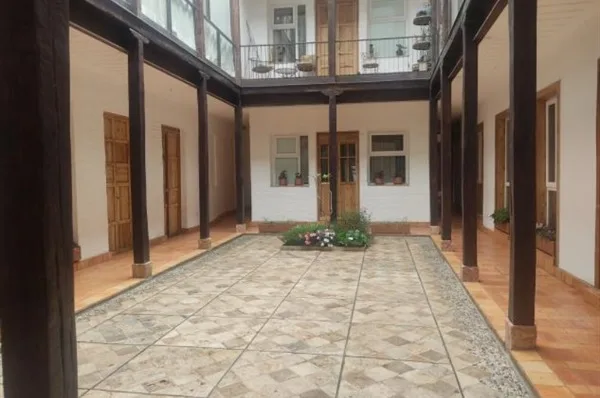What’s happening at Gran Roca: The birds, the bees and the native trees (and frogs)
By Rob Gray
We here at Gran Roca Farm are seriously committed to farming sustainably. As 2016 has come to a close, we wanted to look back and evaluate our “sustainability progress” and see how we were doing. But first we needed to document where we started.
 Going back historically to the 1930s, the land of the Gran Roca property was used productively, but unsustainably as the soil was being exploited by decades of planting and harvesting a monocrop of sugar cane for the making of alcohol. After 40 years of operating, the business became unprofitable and the land was then left to caretakers where it fell into disuse and became wholly unproductive.
Going back historically to the 1930s, the land of the Gran Roca property was used productively, but unsustainably as the soil was being exploited by decades of planting and harvesting a monocrop of sugar cane for the making of alcohol. After 40 years of operating, the business became unprofitable and the land was then left to caretakers where it fell into disuse and became wholly unproductive.

Sugar cane.
At the time of our purchase of the Gran Roca property, the land was populated by pioneer trees and weeds. It had been unproductive for more than four decades, without reservoirs to hold water and without care. During the rainy season, sharecroppers would plow some of the flatter areas of the land and plant monocrops like corn in the same place every year further degrading the soil. The rest of the year, the land would only be used to graze cattle until the weeds were eaten to the dirt.
For us, the land’s history did not exactly set a high bar. It would be hard for us to do worse than the insults this land had suffered over the many decades. By the way, this scenario is not uncommon for the farmland of the Yunguilla Valley.

Reservoir
After the land purchase, we needed to develop a plan. Where to start? Water and Soil. One of the things I noticed right away about the land was its eerie silence. You could walk around on the land for a long time and not see or hear a bird. Nature was severely out of balance. We reasoned that we needed to add sources of water to the land and more hospitable native trees to attract the birds. We got right to work and started building reservoirs. We now have five. We also brought in a variety of native trees and flowers, and planted them around our reservoirs and various planting areas. The trees and flowers have now established themselves and are blooming profusely. What a sight!

Flowering tree.
We also had a soil analysis done on several soil samples taken from the land. Most of the soil samples turned out to be heavy clay without much humus. Not surprising given the lack of care and treatment of the land. Because of our intended uses, this result required us to make significant soil improvements. Fortunately, our location enabled us to bring in truckloads of river silt and bagasse (spent sugar cane) and mix it into the soil.

Farm beds.
Fast forward to today and you wouldn’t recognize the place. Birds everywhere, bees busy pollinating, crops growing without chemicals from what was basically a weed patch. You would never see this kind of ecosystem on a conventional monocrop farm. Just today I saw a white heron land on one of our banana plants near a reservoir. (Darn, wasn’t able to get my camera out fast enough.)

Frog
One final observation that reinforces the belief in our strategy: our big and healthy frogs. The health of amphibians such as frogs are important indicators of habitat quality. Frogs are very sensitive to pollution, chemicals and changes in the environment. Thus, healthy frogs indicate a healthy ecosystem. And frogs are also important in the food chain. There are many studies that show that crop pests increase when amphibian populations decline.
To be sure, we still have significant challenges ahead (to be discussed in a future article), but we know the steps we’ve taken so far are working. Onward to 2017.
___________________
 Rob Gray runs the Gran Roca Project, (www.granroca.net), a sustainable commercial permaculture farm on a landmark property in the Yunguilla Valley, southwest of Cuenca. High quality tree fruits, berries, and a large variety of both native and heirloom vegetables and herbs are produced with animals also integrated into the mix. He has recently started selling his fresh produce on the farm and in Cuenca.
Rob Gray runs the Gran Roca Project, (www.granroca.net), a sustainable commercial permaculture farm on a landmark property in the Yunguilla Valley, southwest of Cuenca. High quality tree fruits, berries, and a large variety of both native and heirloom vegetables and herbs are produced with animals also integrated into the mix. He has recently started selling his fresh produce on the farm and in Cuenca.

















